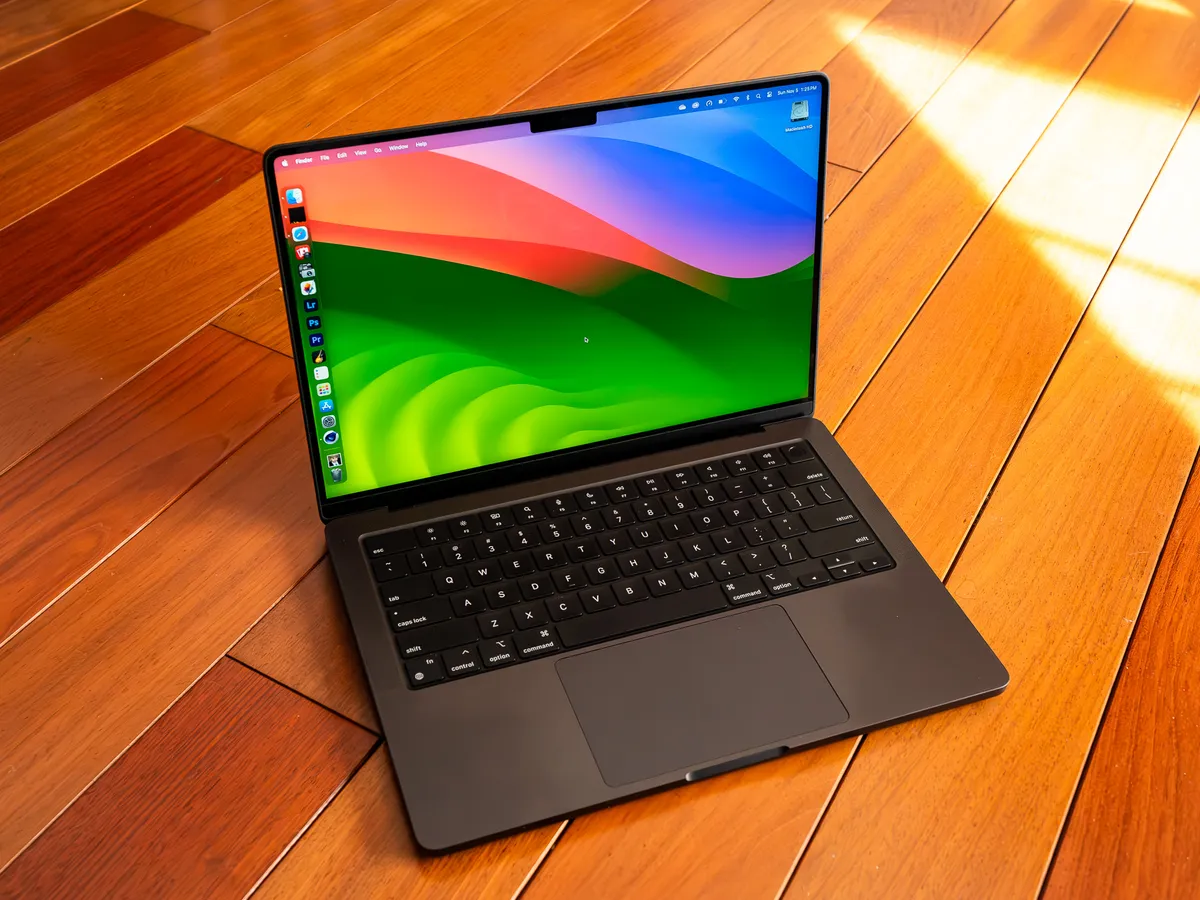Best Linux Laptop
Introduction to Linux Laptops
Are you on the hunt for the best Linux laptop? You’re not alone. As more users discover the power and flexibility of Linux, they’re searching for devices that can harness its full potential. Whether you’re a seasoned developer, a casual user, or someone looking to explore alternatives to traditional operating systems, choosing the right laptop is crucial. With varieties ranging from budget-friendly options to high-performance machines, it can be overwhelming to find what suits your needs best. Dive in with us as we navigate through everything you need to know about selecting the perfect Linux laptop tailored just for you!
Benefits of Using a Linux Laptop
Choosing a Linux laptop opens the door to a world of flexibility and customization. You can tailor your operating system to fit your unique needs, whether you’re into programming or just browsing.
Security is another significant advantage. Linux systems are less prone to malware attacks compared to their counterparts. This makes it an ideal choice for those who prioritize data safety.
Moreover, using a Linux laptop often means experiencing faster performance and better resource management. Many distributions require fewer resources than other operating systems, making older hardware feel new again.
Community support is robust as well. The open-source nature invites collaboration from users worldwide, ensuring help is always available when you need it.
Many popular software tools run seamlessly on Linux, providing options that cater specifically to developers and tech enthusiasts alike. Choosing this path can truly enhance your computing experience.
Factors to Consider When Choosing a Linux Laptop
Choosing the best Linux laptop requires careful consideration of several factors. First, assess your primary use case. Are you coding, gaming, or simply browsing the web? Your needs will dictate the specifications required.
Next, consider hardware compatibility. Not all laptops support Linux well. Look for models known for their seamless integration with various distributions.
Battery life is another crucial factor. If you’re frequently on the move, opt for a model that offers extended battery performance to avoid constant recharging.
Weight and portability matter too. A lightweight laptop can enhance your productivity if you travel often or work remotely.
Don’t overlook customer support and community resources. Laptops with strong user forums can be invaluable when troubleshooting issues down the line.
Top Brands and Models of Linux Laptops
When it comes to the best Linux laptops, a few brands stand out for their compatibility and performance. Dell is often lauded for its XPS series. These machines offer sleek designs and powerful hardware, making them perfect for developers.
Lenovo also deserves mention with its ThinkPad lineup. Renowned for durability, these laptops are easy to customize and run various Linux distributions smoothly.
For those who prefer something less mainstream, System76 is an excellent choice. Specializing in Linux devices, they ship their products pre-installed with Ubuntu or Pop!_OS.
Another brand worth considering is ASUS. Their ZenBook range combines style with functionality at competitive prices.
HP’s ProBook series provides solid options too—great battery life and decent build quality make them practical choices for everyday use. Each brand offers unique strengths catering to different user needs in the Linux ecosystem.
Budget-Friendly Options
Finding a budget-friendly Linux laptop doesn’t mean sacrificing quality. Several manufacturers offer excellent options that won’t break the bank.
Look for models with mid-range processors like Intel Core i3 or AMD Ryzen 3. These provide solid performance without excessive costs.
Brands such as Acer and Dell often have reliable entry-level laptops suitable for Linux installations. The Acer Aspire series is well-regarded, while Dell’s Inspiron line offers various configurations at reasonable prices.
Don’t overlook refurbished devices either. They can deliver great value, allowing you to snag higher-end specs at lower prices. Just ensure you’re purchasing through trusted retailers.
Additionally, consider Chromebooks running lightweight distributions of Linux. They are typically affordable and surprisingly versatile for everyday tasks like browsing and document editing.
Tips for Setting Up Your Linux Laptop
Setting up your Linux laptop can be an exciting adventure. Start by choosing the right distribution that suits your needs, whether it’s Ubuntu for beginners or Arch for advanced users.
Once installed, familiarize yourself with the terminal. It’s a powerful tool that opens up endless possibilities. Learn some basic commands to navigate and manage files efficiently.
Next, customize your desktop environment. There are plenty of options like GNOME or KDE to make it visually appealing and tailored to you.
Don’t forget about software installation! Use package managers like APT or Snap to easily acquire applications you need for work or play.
Consider enhancing security features. Set up firewalls and regularly update your system to keep everything running smoothly while protecting against vulnerabilities. This proactive approach ensures a hassle-free experience on your new device.
Conclusion
Choosing the best Linux laptop requires careful consideration of your needs and preferences. Evaluate what you prioritize in a device, whether it’s performance, portability, or specific software compatibility. Research various brands and models to find one that aligns with your criteria.
It’s also wise to explore budget-friendly options that still offer robust functionality. Setting up your new Linux laptop can be straightforward if you follow trusted guides and resources available online.
Investing time into finding the right Linux laptop will pay off as you enjoy an efficient computing experience tailored just for you. Happy hunting!
